Description
It can be said that the work relies primarily on flashback techniques. The events here begin with the end. Al-Hakam is living his final days and recounting his life story to a number of his loyal followers, such as Jawdar, one of the palace’s most prominent eunuchs, the Berber youth Ziri, and the physician Shurahbil. This story begins with Al-Hakam’s birth, continues with his companionship with his father, Al-Nasir, and then his assumption of power after him, and finally reaches his illness and the succession of Al-Hajeb ibn Abi Amir to control the state.
The author takes us by the hand, introducing us to the heart of the Umayyad palace, introducing us to the way the Umayyad state was run, the workings of its governing systems, and the influence of the ruler’s moods and personal concerns on his making fateful decisions. On his deathbed, Al-Hakam dissects himself in front of those close to him, revealing the hidden side of the Caliph’s personality. Alongside his firmness, strength, and absolute confidence, there is another side filled with weakness, anxiety, and fear, which can only prove the humanity and imperfection of its owner. This side began to form in Al-Hakam since childhood with the sudden death of his younger sister, Zainab, and deepened over time with the loss of his first and only love, Hind, and the estrangement of his friend, Bashkuwal, and the severing of ties between them. It is a novel written in a beautiful language, perfectly suited to the historical context addressed in the work. This is a credit to the author, who pays great attention to this important aspect of constructing any narrative edifice. The language is poetic in places, which aligns with historical sources about Al-Hakam’s passion for poetry. However, it is delivered in a smooth, engaging style that encourages the reader (any reader) to continue reading to the end. The novel’s length (160 pages) may allow it to be read in just one sitting. This is what is required to raise the general level of Moroccan literature, and what we have called for more than once, after Moroccan novels have fallen for many years into the trap of complexity, boredom, and the constant confusion between frivolity and chatter, between experimentation and subversion.

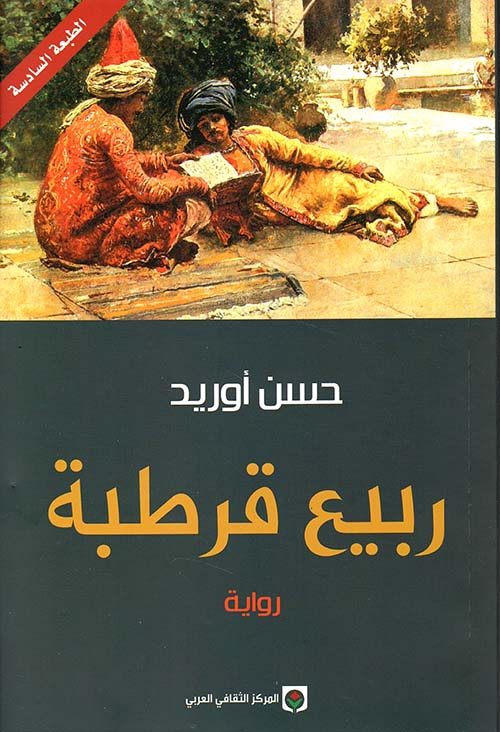
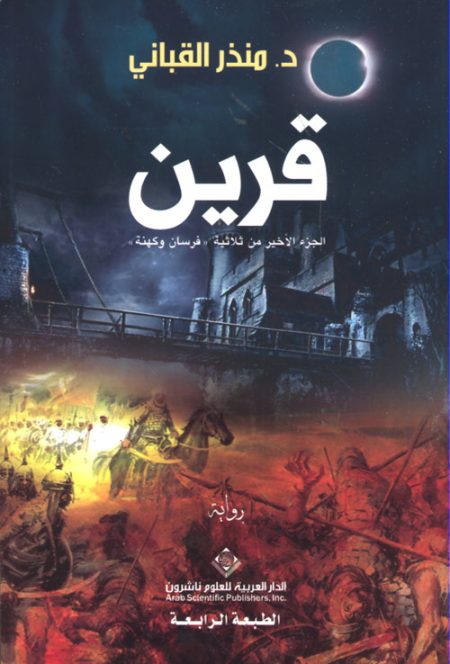
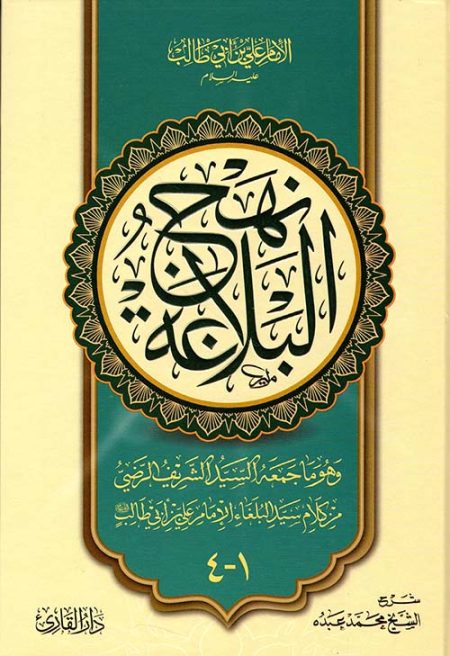
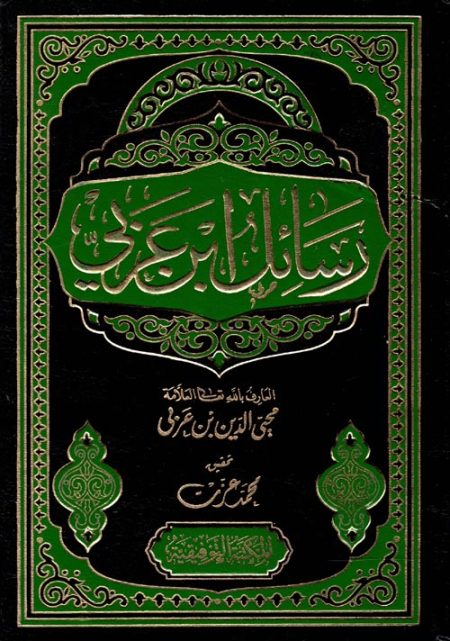
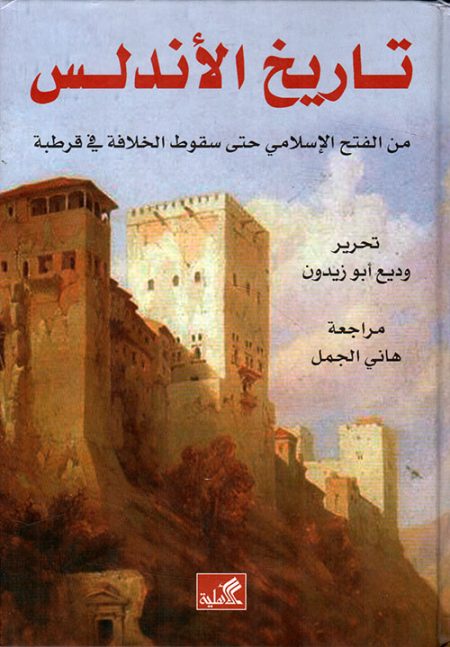
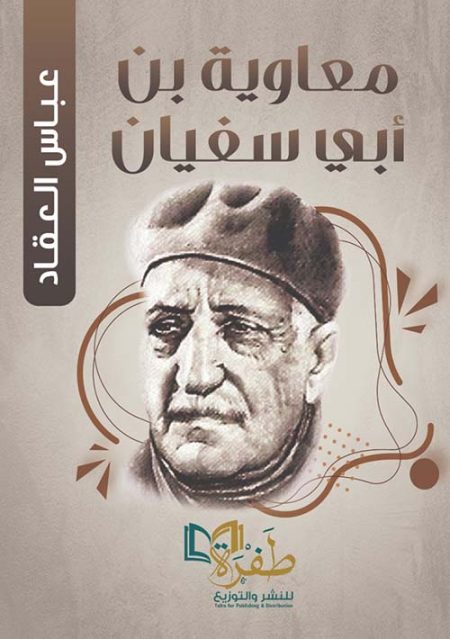
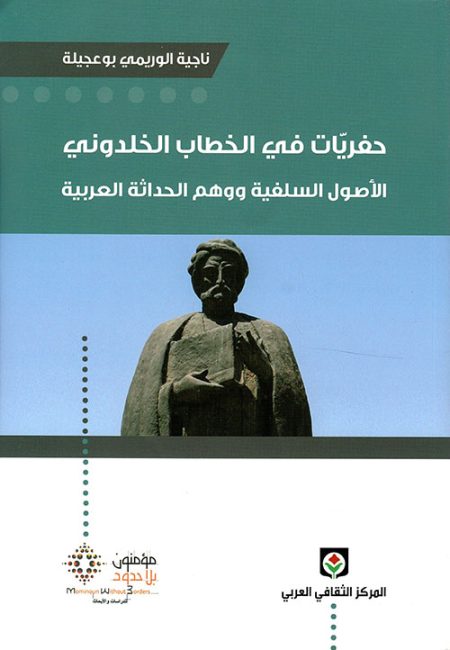
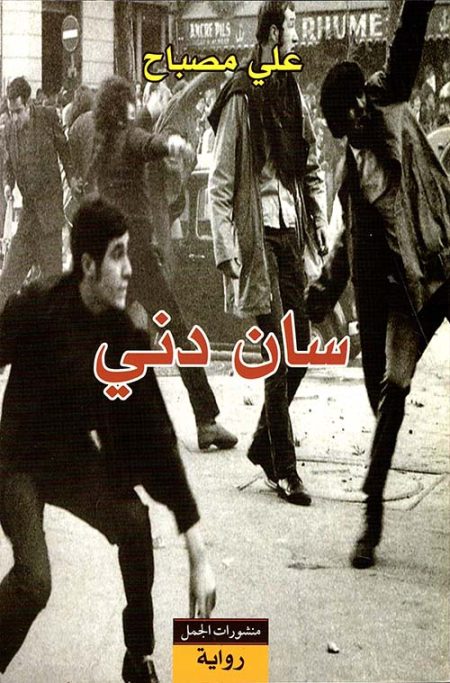
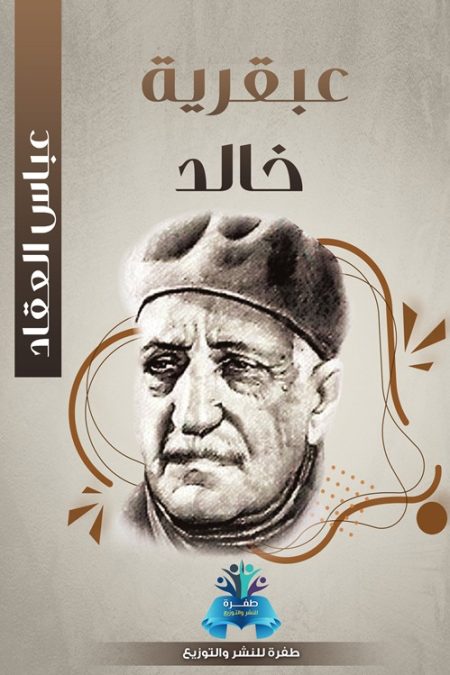
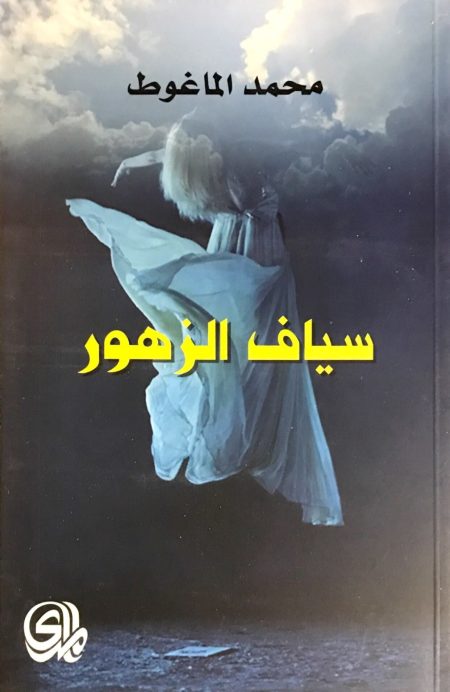
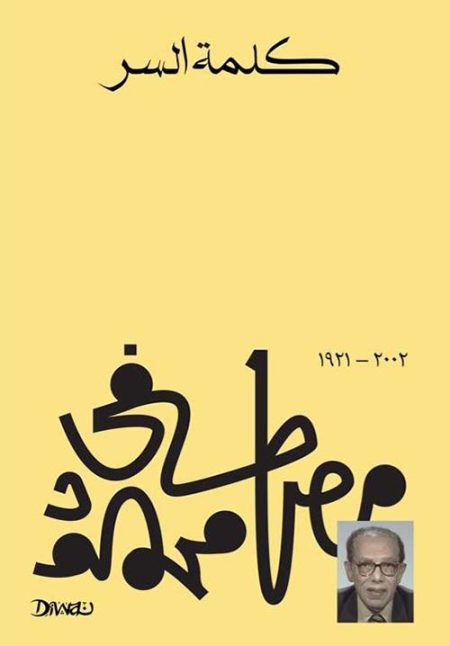
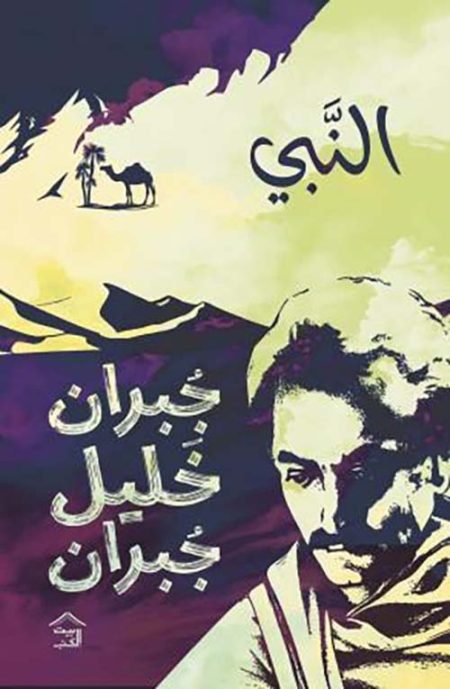
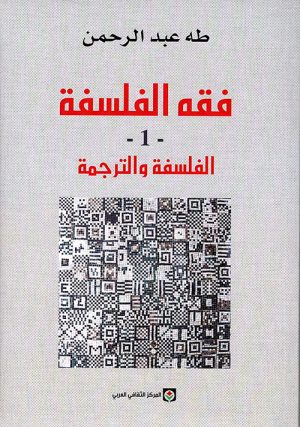
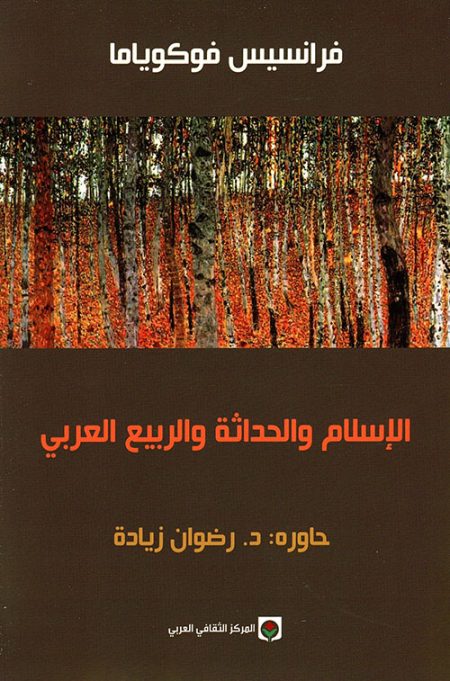
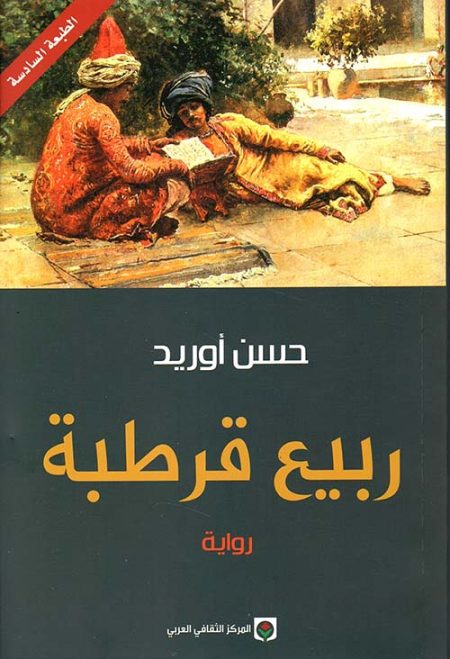
Reviews
There are no reviews yet.